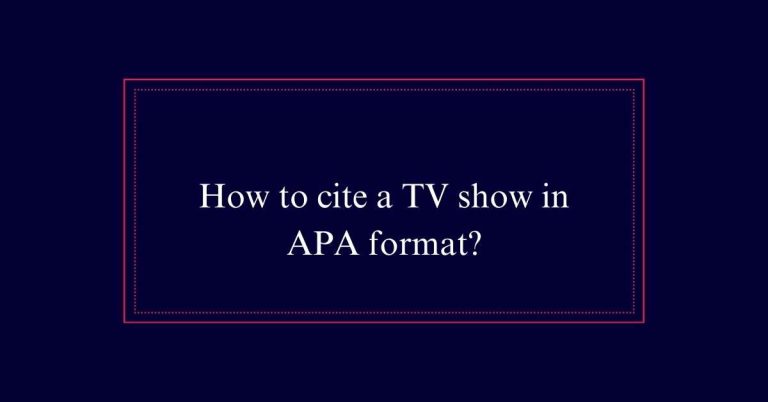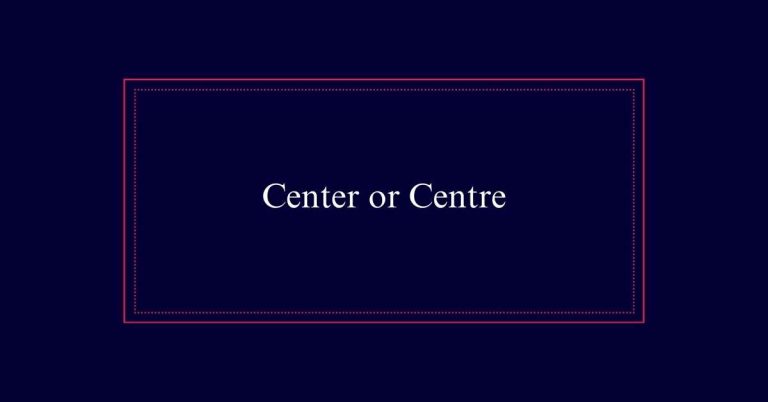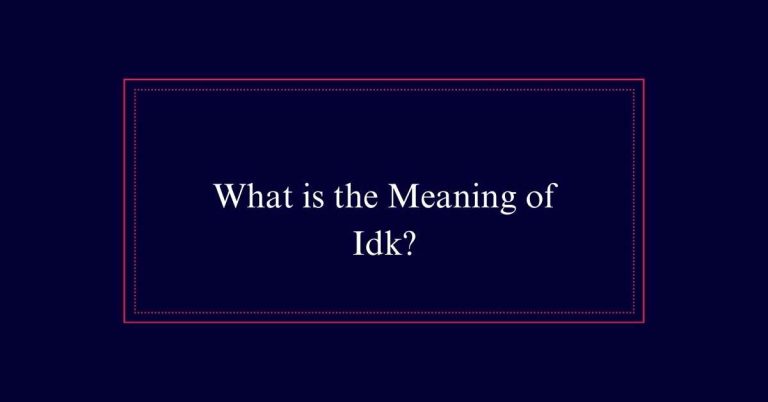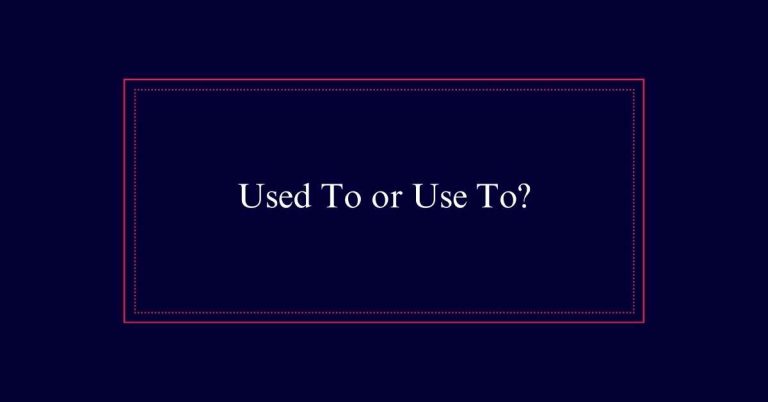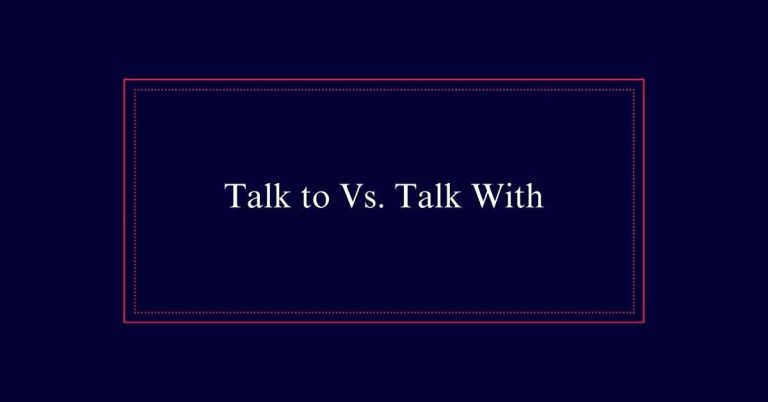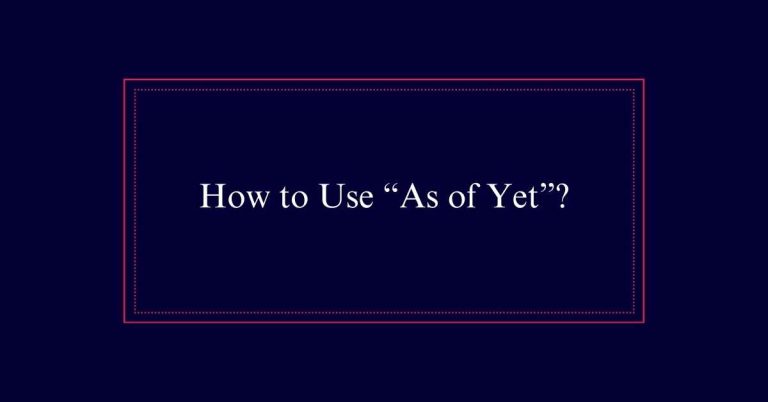Is Funner a Word?
“Funner” is often used in informal speech to describe something more enjoyable. However, it is not widely accepted in formal writing or by traditional grammar rules. The standard comparative form is “more fun.” While language evolves, and informal uses become more common, “funner” remains debated among linguists. Using “more fun” is safer in professional settings.
Defining Fun
Fun is the enjoyment or amusement experienced during pleasurable activities. It represents a state of happiness or excitement.
The term ‘fun’ is often used to describe activities or experiences that bring joy. For example, one might say, ‘She has the most fun when she is dancing,’ to convey that dancing brings her great pleasure. Similarly, ‘He had more fun dancing than he anticipated’ shows a higher level of enjoyment than expected.
Some linguists argue that ‘fun’ is strictly a noun. However, the concept of fun goes beyond mere terminology; it captures the essence of activities that bring delight and satisfaction.
Noun Usage Examples
Examples of fun used as a noun highlight its role in describing enjoyable activities. For instance, the sentence ‘She has the most fun when she is dancing’ illustrates fun as a core element of her enjoyment.
Another example is ‘He had more fun dancing than he anticipated,’ showing that fun can quantify the extent of enjoyment in an activity.
Similarly, ‘The children had a lot of fun at the amusement park’ underscores fun as a measure of amusement.
Fun as an Adjective
When used as an adjective, ‘fun’ can describe something or someone that provides enjoyment. For instance, one might say, ‘Morris is a fun guy,’ to highlight his entertaining nature.
Using ‘fun’ as an adjective allows for comparisons, such as ‘Keith is more fun than Bjorn.’ Though informal, expressions like ‘funner’ and ‘funnest’ are sometimes used, as in ‘Keith is funner than Bjorn’ and ‘Gregory is the funnest man I ever met.’ These forms are not widely accepted in formal writing but are common in casual speech.
Informal Comparatives
Informal comparatives often include words like ‘funner’ and ‘funnest’ to convey varying levels of enjoyment. These terms are commonly used in casual conversation, despite not being widely accepted in formal writing.
The use of ‘funner’ and ‘funnest’ reflects how language evolves in informal contexts to express ideas more vividly. While traditional grammar rules favor ‘more fun’ and ‘most fun’ as the correct comparative and superlative forms, informal settings often embrace the simpler, more playful alternatives.
This adaptation showcases the flexibility of language and how it adapts to everyday communication. Understanding when to use formal versus informal comparatives enhances both clarity and effectiveness in expression.
Superlative Forms
Superlative forms in language highlight the highest degree of a quality or characteristic. In English, superlatives are typically formed by adding ‘-est’ to the end of an adjective or by preceding it with ‘most’.
For example, ‘fastest’ and ‘most beautiful’ are common superlative forms. When fun is used informally as an adjective, ‘funnest’ becomes its superlative form, indicating the highest level of enjoyment. While traditional grammar rules may not recognize ‘funnest’, it is gaining acceptance in informal contexts.
This evolving usage illustrates how language adapts over time. Understanding superlative forms helps in grasping the nuances of English and enhances communication skills. It allows for a richer, more expressive use of the language.
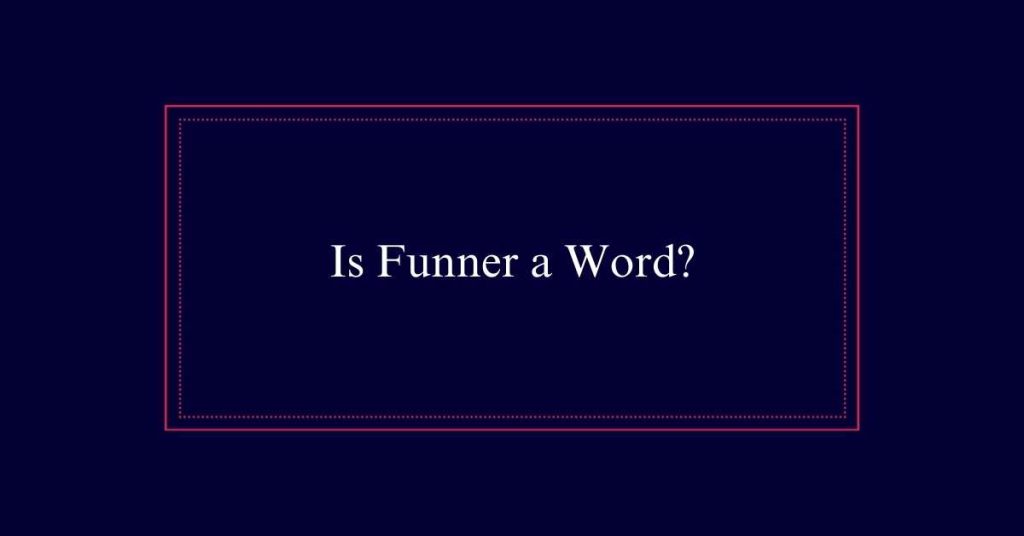
Argument for Noun Only
As a result, many linguists argue that ‘fun’ should be exclusively used as a noun. They emphasize that ‘fun’ traditionally denotes enjoyment or amusement.
For example, one might say, ‘She has the most fun when she is dancing.’ This usage clearly depicts ‘fun’ as a noun representing a state of joy. Similarly, ‘He had more fun dancing than he anticipated’ follows the same principle.
By maintaining ‘fun’ strictly as a noun, consistency in language is preserved. Linguists warn that using ‘fun’ as an adjective introduces confusion and dilution of its meaning. This strict separation aligns with traditional grammar rules, ensuring clarity and precision in communication.
As a result, they advocate for reserving ‘fun’ solely for its noun form.
Informal Acceptance
Despite the traditional view, many people informally accept ‘fun’ as an adjective. This acceptance has led to the frequent use of ‘funner’ and ‘funnest’ in everyday conversation. These terms, though not officially recognized in formal writing, have gained popularity among younger generations and in casual communication. Social media, pop culture, and informal writing platforms contribute to this trend.
The flexibility of language allows for such shifts, especially when words fulfill a communicative need. As a result, ‘funner’ and ‘funnest’ are often heard in spoken language and seen in texts, emails, and other informal contexts. This informal acceptance reflects the dynamic nature of language and the constant evolution of linguistic norms.
Potential Standardization
The informal acceptance of ‘funner’ and ‘funnest’ raises the question of whether these forms could become standardized in the future. Language evolves with usage, and what is informal today can become standard tomorrow. Dictionaries often reflect common usage over time. If ‘funner’ and ‘funnest’ continue to be widely used, lexicographers might include them as accepted comparative and superlative forms of ‘fun’.
However, standardization in formal language requires more than just frequent use. Academic and professional settings often resist changes until they are widely accepted. The shift from informal to formal acceptance could take years.
Ongoing Debate
The debate over using ‘funner’ and ‘funnest’ as comparative and superlative forms of ‘fun’ remains unresolved. Language experts and grammarians continue to discuss their legitimacy.
Some purists argue that ‘fun’ should remain a noun, and that ‘more fun’ and ‘most fun’ are the correct forms. Others believe that language evolves and that these new forms should be accepted, especially given their growing usage in informal contexts.
Proponents of ‘funner’ and ‘funnest’ argue that these words enhance expressiveness and efficiency. Critics, however, maintain that they lack grammatical foundation. The debate highlights the tension between linguistic innovation and traditional rules.
Whether ‘funner’ and ‘funnest’ will become standard remains to be seen.
Informal Vs. Formal Usage
Balancing informal and formal usage of ‘funner’ and ‘funnest’ is a key aspect of effective communication. Informally, these terms are widely accepted and understood, often used in casual conversation or creative writing. However, formal contexts, such as academic or professional writing, typically favor traditional grammar rules, using ‘more fun’ and ‘most fun’ instead.
| Context | Informal Usage | Formal Usage |
|---|---|---|
| Everyday Conversation | ‘That game was funner.’ | ‘That game was more fun.’ |
| Social Media | ‘This is the funnest day!’ | ‘This is the most fun day!’ |
| Academic Paper | Avoid ‘funner’ | Use ‘more fun’ |
| Business Report | Avoid ‘funnest’ | Use ‘most fun’ |
| Creative Writing | ‘The funner part was…’ | ‘The more fun part was…’ |

